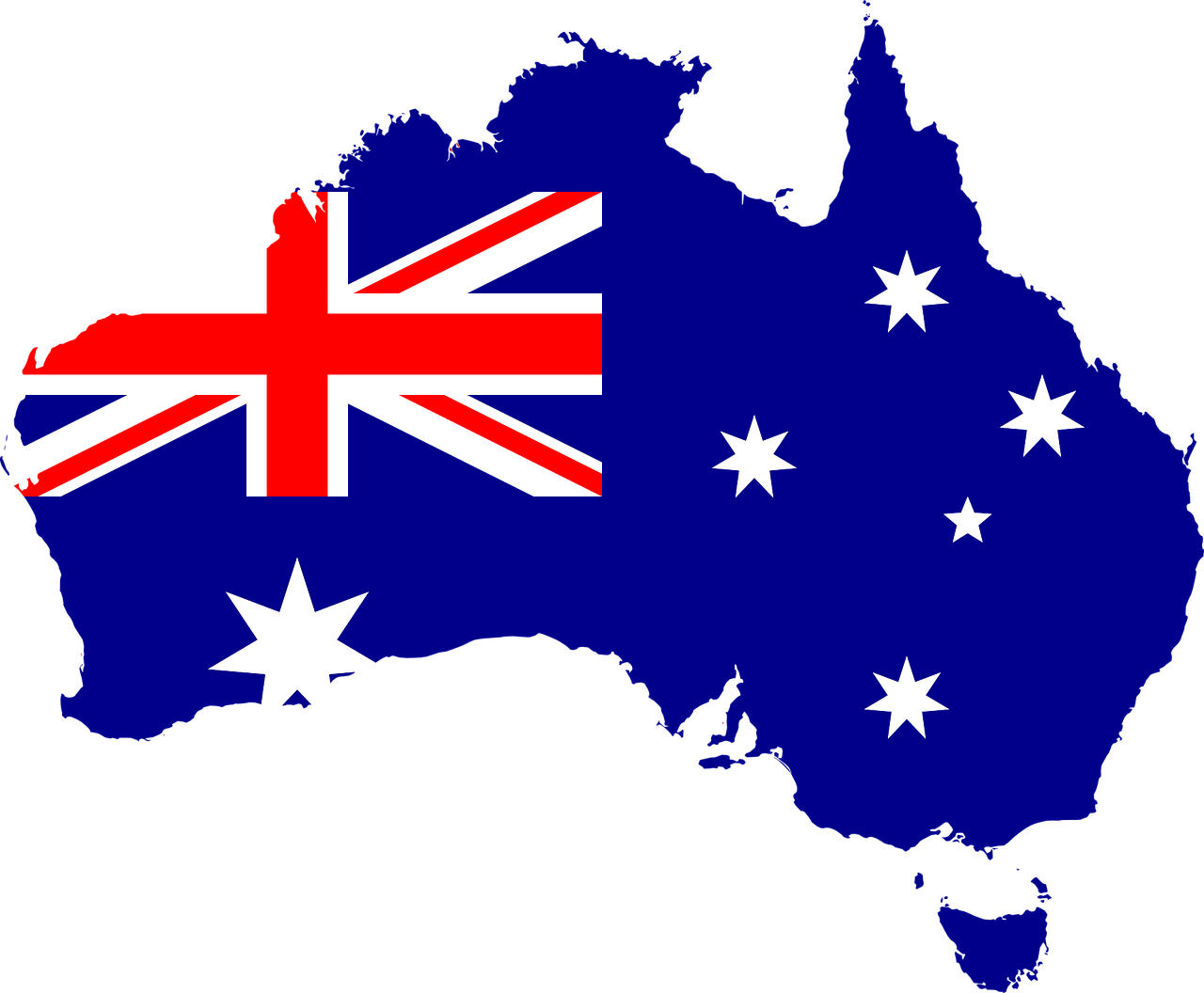
403
Sorry!!
Error! We're sorry, but the page you were looking for doesn't exist.
AUKUS portrays nuclear waste hazard to Australia
(MENAFN) Amidst growing scrutiny and apprehension, Australia finds itself at the center of a contentious debate over its potential role as a repository for international radioactive waste within the framework of the AUKUS pact. The Guardian's recent report, citing insights from a parliamentary inquiry, highlights Australia's risk of becoming a "poison portal" for nuclear waste, raising significant concerns regarding the implications of the trilateral agreement between the United States, the United Kingdom, and Australia.
Established in 2021, AUKUS aims to foster collaboration and facilitate the transfer of military technology among the three allied nations, notably involving the provision of nuclear-powered submarines to Australia by the United States. However, the report underscores how legislative measures introduced by Canberra to regulate the safety aspects of its planned nuclear-powered submarines could inadvertently open the door for the United States and the United Kingdom to offload their nuclear waste onto Australian shores.
With both the United States and the United Kingdom grappling with challenges related to the long-term disposal of high-level radioactive waste, Australia's proposed nuclear safety framework presents a potential solution for the AUKUS partners. The Australian naval nuclear power safety bill, introduced in November of the previous year, seeks to establish a regulatory body and pave the way for the creation of naval nuclear propulsion facilities, including provisions for the storage and disposal of radioactive waste generated by AUKUS submarines.
The introduction of a second bill, aimed at enabling the regulator to issue licenses for such facilities, further underscores Australia's evolving stance on nuclear energy and its implications. However, the potential ramifications of these legislative initiatives have sparked considerable alarm among environmental advocates and concerned citizens, with fears that Australia may be viewed as a convenient dumping ground for nuclear waste.
Dave Sweeney, the Australian Conservation Foundation's nuclear-free campaigner, has voiced profound concerns over the prospect of Australia being perceived as "a little bit of a radioactive terra nullius" by its AUKUS partners. As parliamentary inquiries delve into the complexities surrounding waste disposal and regulatory oversight, the nation faces critical decisions regarding its role in managing nuclear materials within the context of international alliances.
The outcome of these deliberations will not only shape Australia's nuclear policy landscape but also carry significant implications for its environmental integrity, public health, and global diplomatic relations. As the Senate inquiry prepares to deliver its findings later this month, stakeholders across various sectors await clarity on how Australia will navigate the complex challenges posed by its involvement in the AUKUS pact and the management of nuclear waste.
Established in 2021, AUKUS aims to foster collaboration and facilitate the transfer of military technology among the three allied nations, notably involving the provision of nuclear-powered submarines to Australia by the United States. However, the report underscores how legislative measures introduced by Canberra to regulate the safety aspects of its planned nuclear-powered submarines could inadvertently open the door for the United States and the United Kingdom to offload their nuclear waste onto Australian shores.
With both the United States and the United Kingdom grappling with challenges related to the long-term disposal of high-level radioactive waste, Australia's proposed nuclear safety framework presents a potential solution for the AUKUS partners. The Australian naval nuclear power safety bill, introduced in November of the previous year, seeks to establish a regulatory body and pave the way for the creation of naval nuclear propulsion facilities, including provisions for the storage and disposal of radioactive waste generated by AUKUS submarines.
The introduction of a second bill, aimed at enabling the regulator to issue licenses for such facilities, further underscores Australia's evolving stance on nuclear energy and its implications. However, the potential ramifications of these legislative initiatives have sparked considerable alarm among environmental advocates and concerned citizens, with fears that Australia may be viewed as a convenient dumping ground for nuclear waste.
Dave Sweeney, the Australian Conservation Foundation's nuclear-free campaigner, has voiced profound concerns over the prospect of Australia being perceived as "a little bit of a radioactive terra nullius" by its AUKUS partners. As parliamentary inquiries delve into the complexities surrounding waste disposal and regulatory oversight, the nation faces critical decisions regarding its role in managing nuclear materials within the context of international alliances.
The outcome of these deliberations will not only shape Australia's nuclear policy landscape but also carry significant implications for its environmental integrity, public health, and global diplomatic relations. As the Senate inquiry prepares to deliver its findings later this month, stakeholders across various sectors await clarity on how Australia will navigate the complex challenges posed by its involvement in the AUKUS pact and the management of nuclear waste.

Legal Disclaimer:
MENAFN provides the
information “as is” without warranty of any kind. We do not accept
any responsibility or liability for the accuracy, content, images,
videos, licenses, completeness, legality, or reliability of the information
contained in this article. If you have any complaints or copyright
issues related to this article, kindly contact the provider above.
Most popular stories
Market Research
- Thinkmarkets Adds Synthetic Indices To Its Product Offering
- Ethereum Startup Agoralend Opens Fresh Fundraise After Oversubscribed $300,000 Round.
- KOR Closes Series B Funding To Accelerate Global Growth
- Wise Wolves Corporation Launches Unified Brand To Power The Next Era Of Cross-Border Finance
- Lombard And Story Partner To Revolutionize Creator Economy Via Bitcoin-Backed Infrastructure
- FBS AI Assistant Helps Traders Skip Market Noise And Focus On Strategy




















Comments
No comment